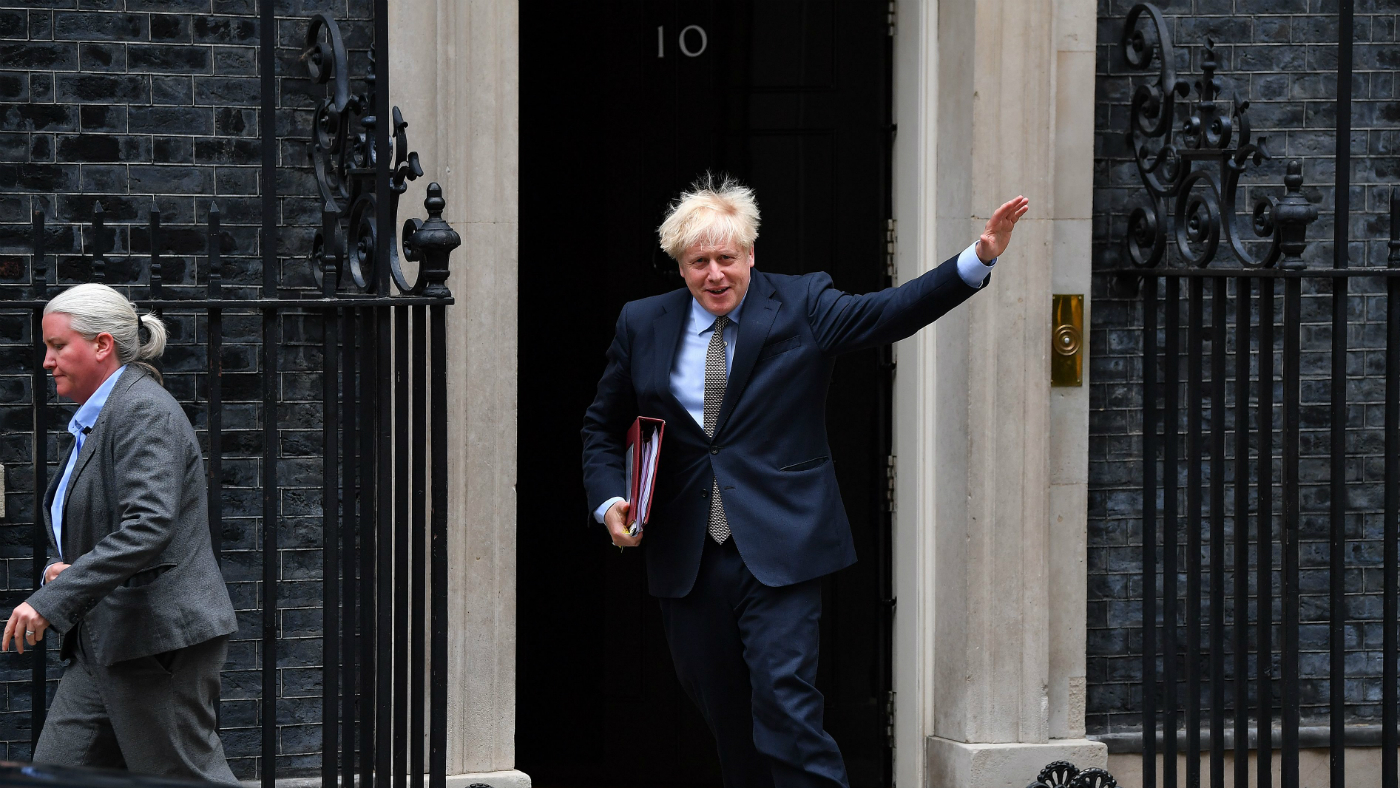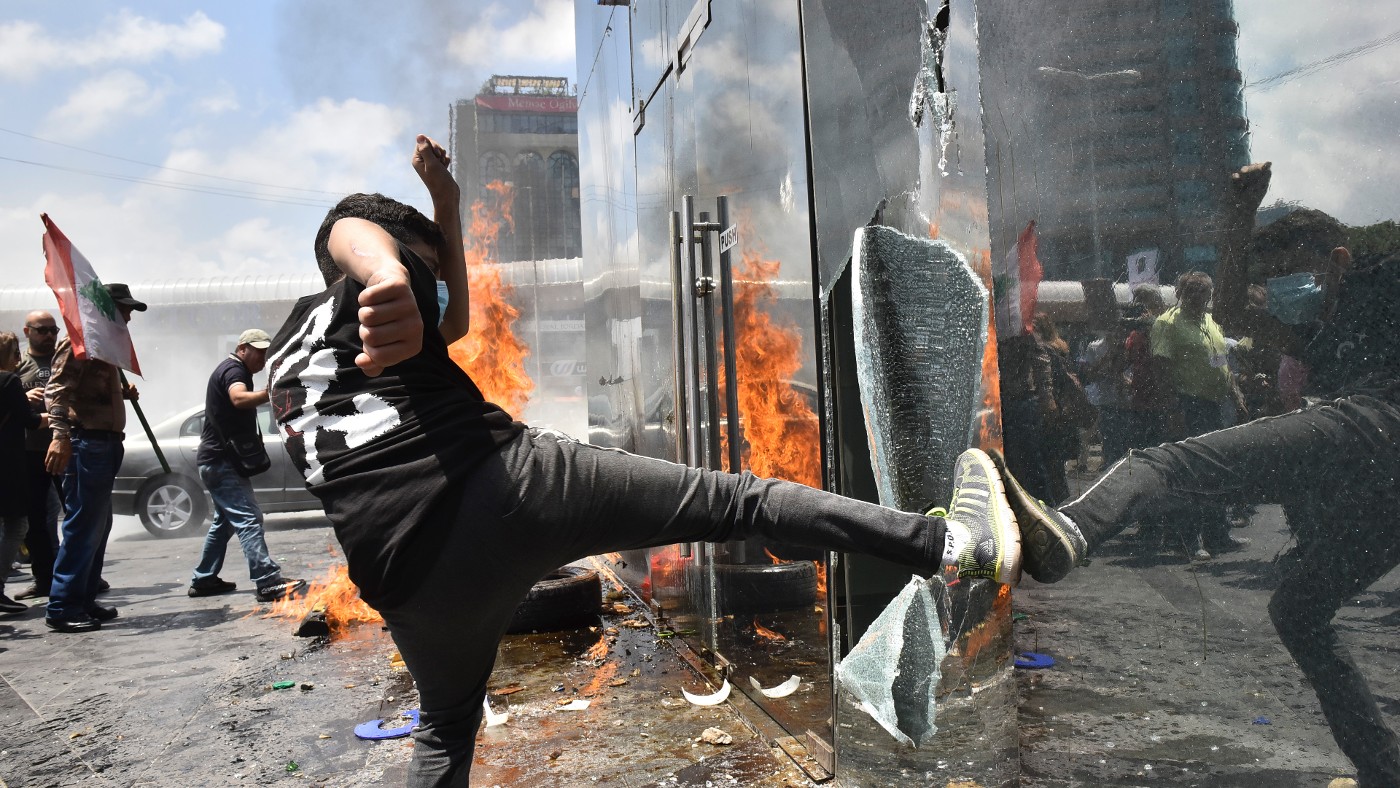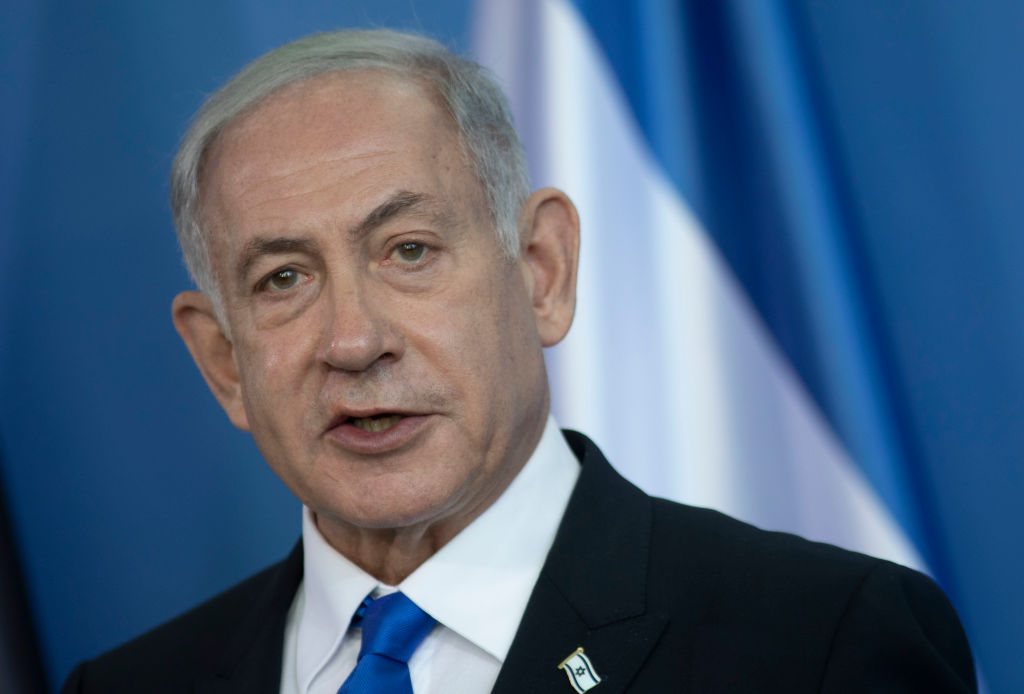Instant Opinion: Internal Market Bill ‘isn’t radical enough’
Your guide to the best columns and commentary on Thursday 17 September

A free daily email with the biggest news stories of the day – and the best features from TheWeek.com
You are now subscribed
Your newsletter sign-up was successful
The Week’s daily round-up highlights the five best opinion pieces from across the British and international media, with excerpts from each.
1. Stephen Daisley in The Spectator
on winding up Scottish nationalists
The Week
Escape your echo chamber. Get the facts behind the news, plus analysis from multiple perspectives.

Sign up for The Week's Free Newsletters
From our morning news briefing to a weekly Good News Newsletter, get the best of The Week delivered directly to your inbox.
From our morning news briefing to a weekly Good News Newsletter, get the best of The Week delivered directly to your inbox.
The Internal Market Bill isn’t radical enough
“The more the SNP decries the Internal Market Bill, the more I warm to it. Initially, I considered it sensible enough but wholly insufficient given the constitutional threat facing the United Kingdom. (Less keen on the law-breaking bit, mind.) But now Mike Russell, SNP constitution minister and professional hysteric, says the Bill will ‘undercut the existing settlement’ by allowing devolved administrations to be ‘overridden by the whim of the UK Secretary of State’ and by permitting ministers to spend ‘in opposition to the Scottish government’ in what he calls ‘an enormous assault on the devolved powers’. Now, that’s more like it.”
2. Calvin Robinson in The Telegraph
on the zero-sum game of protesters
A free daily email with the biggest news stories of the day – and the best features from TheWeek.com
As a black man, it is now almost impossible to stand up to the Black Lives Matter agenda
“I am not the first person from an ethnic-minority background to have faced abuse for the sin of holding conservative opinions. But since the emergence of the Black Lives Matter movement, the issue seems to have become even more serious and stark, since some of the abuse comes from self-styled anti-racism campaigners. In large part, this is a consequence of the rise of a new and divisive ideology. So-called critical race theory (CRT) arose out of universities in the United States, but has since become influential here in the UK. Purporting to be anti-racist, it holds that white people are naturally privileged and black people are naturally oppressed. It’s a theory that encourages a victimhood mentality and assigns blame for many complex societal issues solely on the basis of race.”
3. Anoosh Chakelian in the New Statesman
on cuts to the public sector
David Cameron claims austerity prepared Britain for Covid-19 – it did the opposite
“These cuts fell heavily on Britain’s crucial three frontiers against the spread of Covid-19: health and social care, education and community services. They were combined with a public-sector pay freeze that reduced the real-terms wages of the key workers the country is relying on more than ever, and cuts to the welfare benefits required to help the public through a period of rising unemployment. Yet even without the statistics on which budgets were cut over the past decade, one simply needs to speak to a teacher, carer, bus driver, doctor, housing officer or anyone else struggling to deliver public services to know austerity stripped back their resources just before they needed them most.”
4. Scott Simon in NPR
on wildfires
The California Dream, A Catastrophic Wake-Up Call
“The dreamscape of California has looked like a hellscape this week. California, America's Golden State — ‘Warm, palmy air — air you can kiss ...’ wrote Jack Kerouac — has had choking air, scalding heat and surreal orange skies. California has been the dreamland of so many who hope to strike it rich or start over, a state of mind, as well as a state: a place for fresh starts, freeways and free love. This season has brought a cascade of calamities to California and the West, atop the pandemic. And Californians may wonder whether these are catastrophes to be endured just once a century or a generation, or are they a new way of life?”
5. Majdi Khaldi in the EU Observer
on ignoring Palestine
Why is EU rewarding Israel for annexation?
“The message is simple: de-facto annexation and other ongoing Israeli violations are not an obstacle to upgrade relations. The internationally-agreed parameters for the Middle East peace process, endorsed by the European Union and its member states, are simple and are not up for interpretations: it is a two-state solution that fully ends the Israeli occupation that began in 1967 with East Jerusalem as the capital of the state of Palestine and a solution to all final status issues based on international law and relevant UN resolutions. Focusing on ending the occupation is key for any prospects of peace.”
-
 The world’s most romantic hotels
The world’s most romantic hotelsThe Week Recommends Treetop hideaways, secluded villas and a woodland cabin – perfect settings for Valentine’s Day
-
 Democrats push for ICE accountability
Democrats push for ICE accountabilityFeature U.S. citizens shot and violently detained by immigration agents testify at Capitol Hill hearing
-
 The price of sporting glory
The price of sporting gloryFeature The Milan-Cortina Winter Olympics kicked off this week. Will Italy regret playing host?
-
 Woman accidentally puts nan in washing machine
Woman accidentally puts nan in washing machineTall Tales And other stories from the stranger side of life
-
 10 things you need to know today: October 7, 2023
10 things you need to know today: October 7, 2023Daily Briefing Israel 'at war' with Hamas following deadly surprise attack, Chuck Schumer leads bipartisan congressional delegation to China, and more
-
 Bangladesh dealing with worst dengue fever outbreak on record
Bangladesh dealing with worst dengue fever outbreak on recordSpeed Read
-
 Glacial outburst flooding in Juneau destroys homes
Glacial outburst flooding in Juneau destroys homesSpeed Read
-
 Netanyahu’s reforms: an existential threat to Israel?
Netanyahu’s reforms: an existential threat to Israel?feature The nation is divided over controversial move depriving Israel’s supreme court of the right to override government decisions
-
 A country still in crisis: Lebanon three years on from Beirut blast
A country still in crisis: Lebanon three years on from Beirut blastfeature Political, economic and criminal dramas are causing a damaging stalemate in the Middle East nation
-
 The past controversies of Benjamin Netanyahu
The past controversies of Benjamin NetanyahuUnder the Radar The Israeli prime minister has been in hot water before
-
 Israel on edge, Netanyahu hospitalized ahead of Supreme Court overhaul vote
Israel on edge, Netanyahu hospitalized ahead of Supreme Court overhaul voteSpeed Read